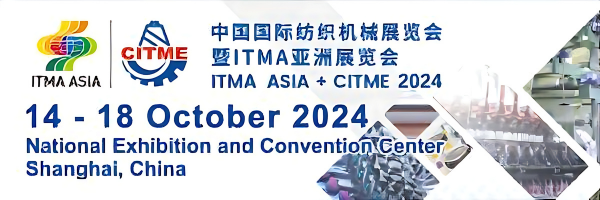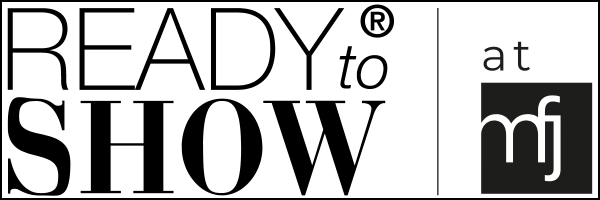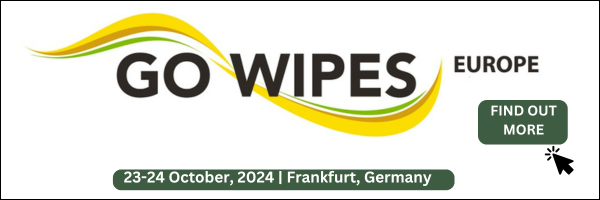In a significant step forward for responsible business, the Global Organic Textile Standard (GOTS) officially started the Organisation for Economic Co-operation and Development (OECD) Alignment Assessment process for GOTS’ version 7.0. This involvement illustrates GOTS’ ongoing efforts to align with the comprehensive international framework for responsible garment and footwear supply chain due diligence.
A Rigorous Assessment for Greater Impact
The OECD Alignment Assessment is a three-stage process that includes a Standards Assessment, an Implementation Assessment as well as a Credibility Assessment. As GOTS enters the Standard Assessment phase, it effectively showcases its dedication to sustainable practices, in line with the OECD Due Diligence Guidance. This process, supported by the German Federal Ministry for Economic Cooperation and Development, began in July 2023 and is expected to complete in January 2024.
The Role of the Due Diligence Criteria
The GOTS Due Diligence Criteria provide a robust framework for companies to proactively address potential or existing risks to human rights and the environment. This initiative lies at the core of GOTS’ role as a trendsetter, paving the way for responsible business practices that will shape the future.
Ruslan Alyamkin, Responsible for Standard Development and Implementation (Social Responsibility) at GOTS, emphasised the transformative power of these criteria: “The Due Diligence Criteria are not just guidelines, they are a powerful tool for real change. They empower companies to make informed and ethical decisions, helping to shape a textile industry that respects human rights and cares for our planet”.
Emerging Regulatory Requirements:
Navigating Human Rights and Environmental Due Diligence Obligations
As global legislation increasingly emphasises respect for human rights in business operations, GOTS remains a steadfast support tool for companies navigating this evolving landscape. Legislation such as Germany’s Supply Chain Act (LkSG), France’s Vigilance Act, Norway’s Transparency Act, the Dutch Child Labour Due Diligence Act, and the UK Modern Slavery Act underscores the crucial need for rigorous due diligence in assessing business impacts on human rights and the environment.
Moreover, the European Commission adopted a proposal for a Directive on corporate sustainability due diligence (CSDDD), which signals the imminent consideration of mandatory human rights and environmental due diligence.
Being a voluntary sustainability standard empowering sustainable supply chains for over 20 years, GOTS has always served to help companies demonstrate legal compliance, such as chemical regulations or social norms.
With the recent version of GOTS Version 7.0, textile companies gain access to a six-step due diligence process, enabling them to identify, assess, and mitigate adverse impacts throughout their supply chains. This positions GOTS as a tool in showcasing compliance with due diligence obligations outlined in the draft EU CSDDD as well as in national laws.
By aiming to align with the OECD and adapting to emerging regulatory demands, GOTS continues to set the standard for responsible and sustainable practices in the textile industry.
Disclaimer: Please note that OECD Alignment Assessments, which are advisory-only in nature, assess the alignment of sustainability initiatives with the OECD Due Diligence Guidance for Responsible Supply Chains in the Garment and Footwear Sector. Participation in this process does not imply endorsement by or affiliation with the OECD.

















